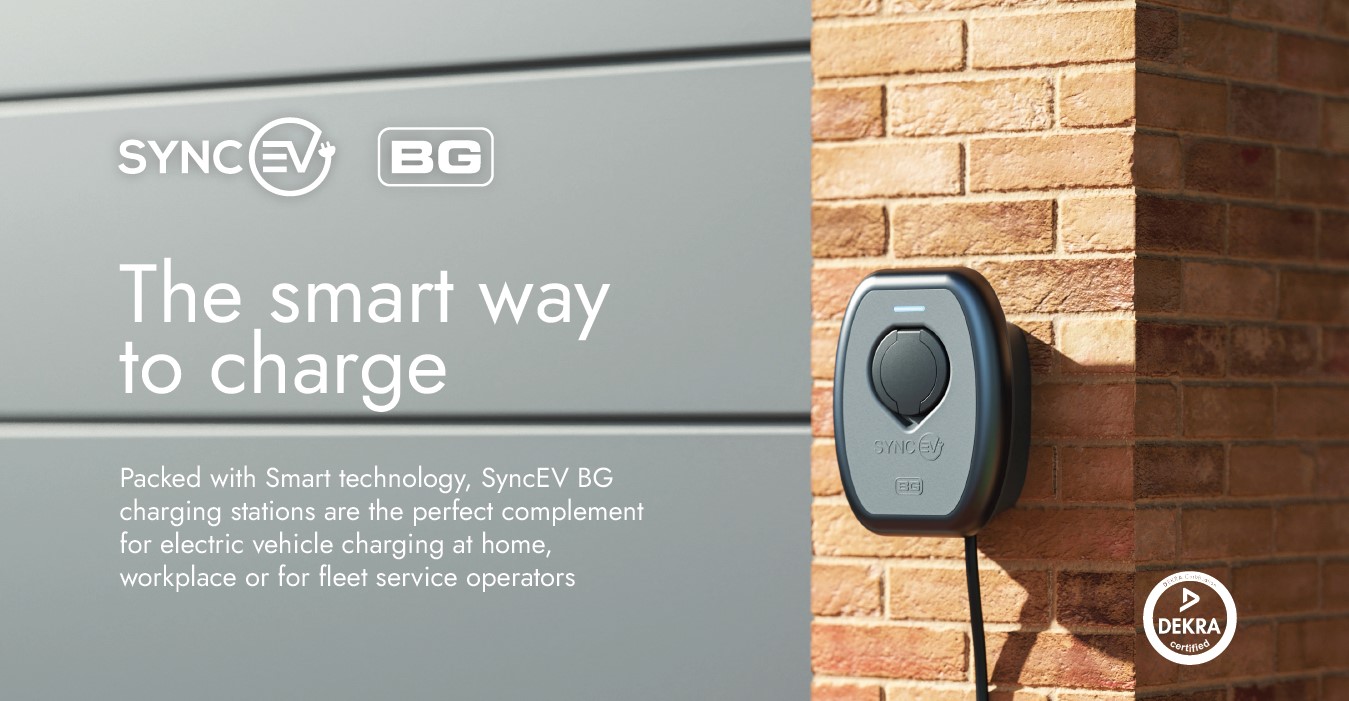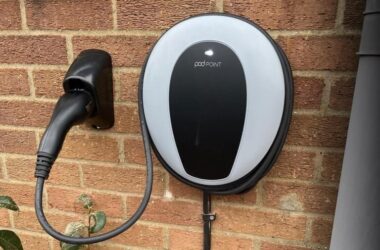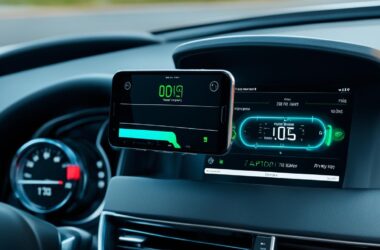In the era of smart and IoT-enabled EV charging assets, staying ahead means leveraging data to boost uptime, cut costs, and enhance the EV charging customer experience. David Cornish, Head of Product at Techniche, sheds light on the top KPIs and metrics crucial for EV charging owners and operators.
1. Uptime: Ensuring Availability for Anxious Drivers
Anxiety looms for EV drivers worried about unavailable charging stations. Charger downtime is a top concern, prompting governments worldwide to set “uptime” regulations. For instance, the USA targets 97%, while the UK aims for an ambitious 99%. Charge point owners must monitor uptime, seeking ways to meet regulations and improve customer satisfaction.
2. First Time Fix: Minimizing Maintenance Hassles
Achieving a 100% first-time fix for EV charging maintenance may seem ambitious, but it’s a worthwhile goal. Charge point owners can influence this KPI by using an automated and connected CMMS platform. By ensuring prompt notifications and dispatching of the right maintenance teams, owners can minimize rework, additional costs, and downtime.
3. Charging Sessions Between Failure: Identifying Reliability Issues
Measuring charging sessions between failures is vital for tracking overall charger reliability. While OCPP and CPO systems track errors, they may miss issues with components like charging cables, connectors, screens, and payment terminals. Analyzing failures at the component level helps identify problematic chargers, enabling a proactive or predictive maintenance approach.
4. Planned Maintenance: Ensuring Long-Term Reliability
As EVs become the primary mode of transportation, governments focus on regulations for safe EV charging network operation. Though EV chargers generally require low maintenance, regular servicing is essential. Adhering to a planned maintenance schedule, including filter changes and visual inspections, helps prevent breakdowns, saving costs and minimizing downtime.
5. Service Level Agreements: Monitoring Contractor Performance
Charge point owners must uphold specific service levels outlined in contracts with maintenance contractors. Rigorously measuring response times throughout the maintenance lifecycle ensures contractors contribute positively to EV charging network uptime. A well-monitored service level agreement guarantees effective performance and contributes to the overall success of the EV charging infrastructure.
Conclusion: Driving EV Charging Network Efficiency
Regardless of your organization’s specific KPIs and metrics, a robust EV charging asset maintenance management system allows flexible data analysis. This empowers charge point owners to make informed decisions, fostering continuous improvement in EV charging network efficiency.










